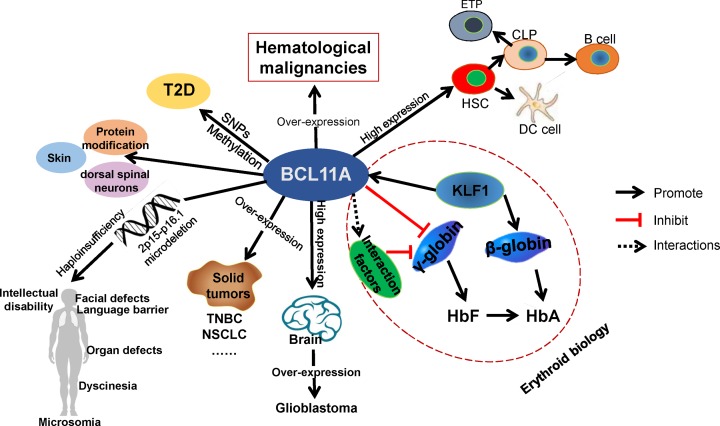Figure 2. Known expressions and functions of BCL11A.
BCL11A is highly expressed in brain and most hematopoietic system cells. Overexpression of BCL11A was found in hematological malignancies and some malignant solid tumors, such as TNBC and NSCLC. 2p15-p16.1 microdeletions lead to haploinsufficiency of BCL11A and may lead to 2p15-p16.1 microdeletion syndrome. BCL11A gene SNPs or DNA methylation may contribute to the development of T2D. In erythroid biology, BCL11A directly inhibits γ-globin and plays a crucial role in fetal-to-adult hemoglobin switching, suggesting that BCL11A is a promising therapeutic gene for β-hemoglobinopathies; CLP, common lymphoid progenitor; DC cell, dendritic cell; ETP, early T-cell progenitor; HbA, adult hemoglobin; HbF, fetal hemoglobin; HSC, hematopoietic stem cell; NSCLC, non-small cell lung cancer; SNP, single-nucleotide polymorphism; T2D, Type II diabetes; TNBC, triple-negative breast cancer.

